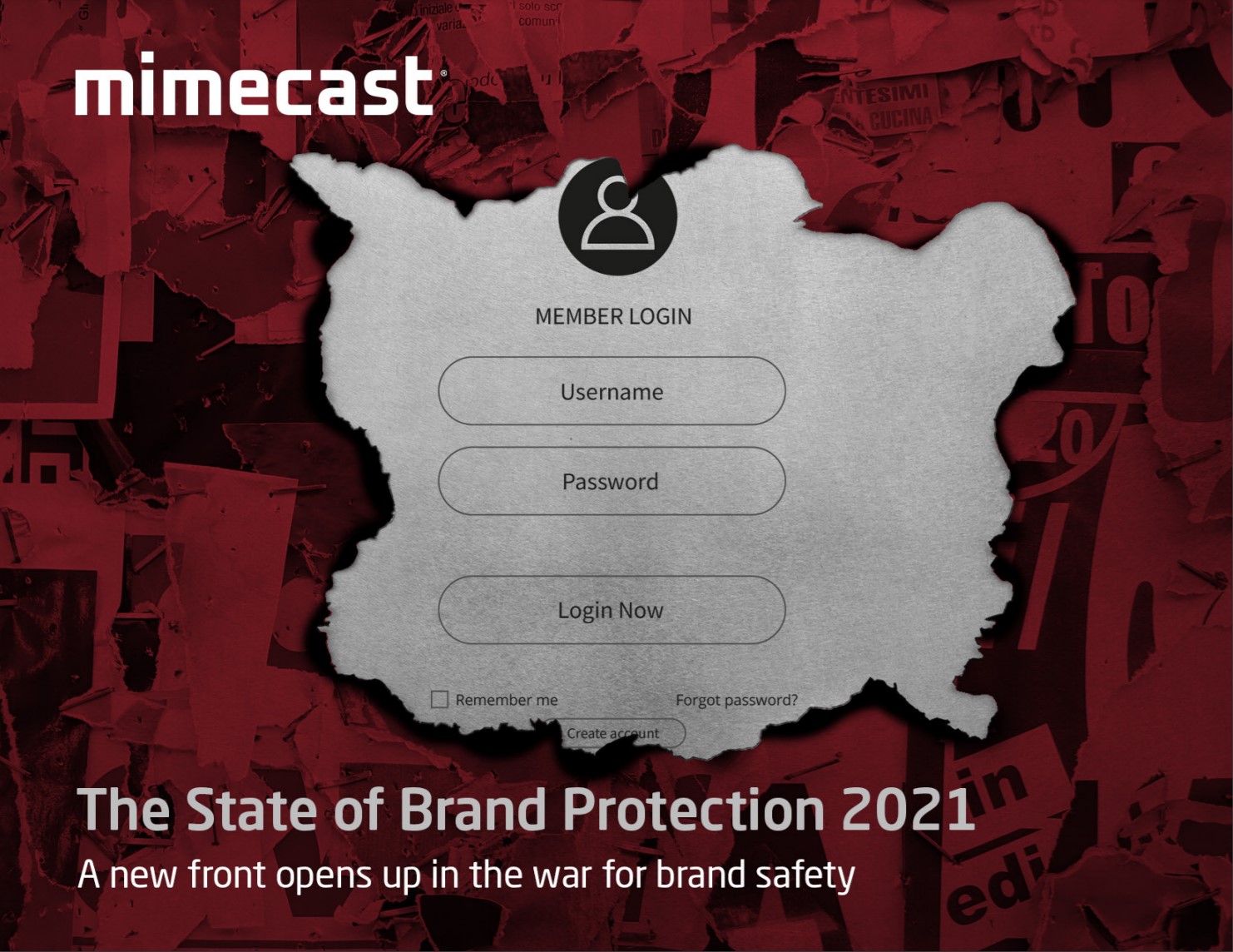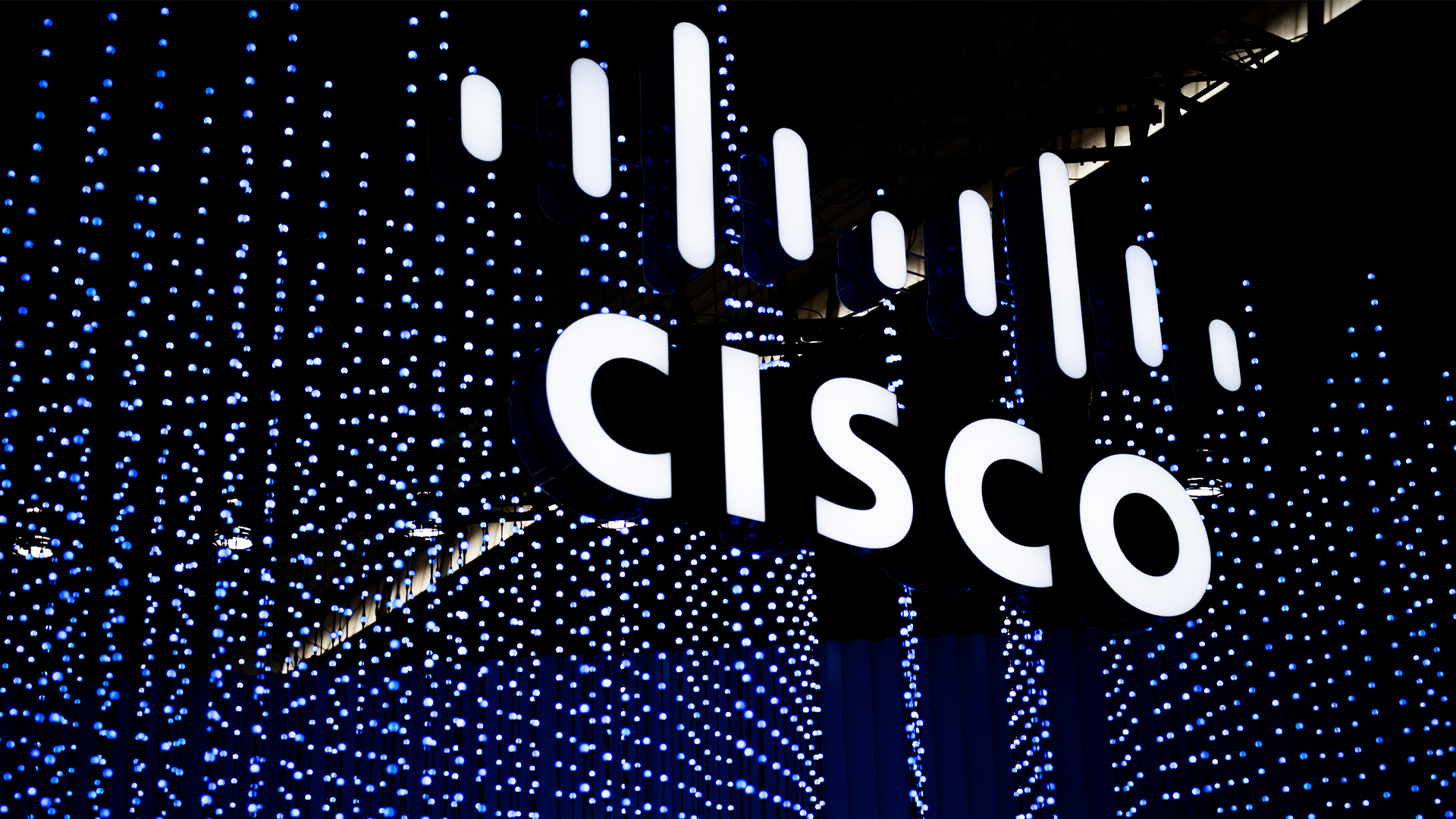Businesses need to be more aggressive with their cyber security, Cisco warns
Government warnings of Ukraine-Russia cyber war spillover must be heeded in order to stay safe


Sign up today and you will receive a free copy of our Future Focus 2025 report - the leading guidance on AI, cybersecurity and other IT challenges as per 700+ senior executives
You are now subscribed
Your newsletter sign-up was successful
Businesses have been advised to be more “aggressive” with their approach to restricting network access to devices in the wake of the cyber war between Ukraine and Russia.
Governments have published numerous advisories warning businesses of the increased risk of spillover cyber attacks from the ongoing cyber war. Being aggressive with security can help keep out adversaries that are currently scanning businesses for weak points that have network access, Cisco’s experts said at Cisco Live 2022.
RELATED RESOURCE

Too many businesses are allowing old and disused products such as collaboration software to retain access to the network and exploiting these can lead to organisation-wide cyber attacks, they said.
An “aggressive” approach would also include the blocking of an entire origin network when malicious traffic is detected, rather than just the specific IP address from which it was sent.
“You have utilities that you don't use on your network block; you don't need them to be there,” said Nick Biasini, head of outreach at Cisco Talos. “These are the types of things that we constantly see adversaries doing and it really, really makes a difference if you go above and beyond. [Cisco] can't be that aggressive, but you absolutely can, so please do so.”
Governments have been warning of spillover attacks from the cyber war between Russia and Ukraine. The NCSC revealed at CyberUK in May that the Russian attack on Viasat was an unplanned by-product of efforts against Ukraine, and the US’ equivalent cyber authority CISA has also issued warnings to unprotected organisations.
Biasini added that businesses should avoid using ‘out-of-the-box’ default protections and be far more stringent in what devices and applications are allowed onto the network.
Sign up today and you will receive a free copy of our Future Focus 2025 report - the leading guidance on AI, cybersecurity and other IT challenges as per 700+ senior executives
JJ Cummings, managing principal at the threat intelligence and interdiction team at Cisco, said businesses still need to be aggressive with the basics of cyber security too, which are not currently being applied across the board.
Multi-factor authentication (MFA) products “make a big difference” in preventing attacks like data breaches, he said, while doing the ‘boring’ tasks like manually monitoring logs are also essential for maintaining visibility over a corporate network.
He said that committing to carrying out the necessary, yet time-consuming tasks, “is a thing that has to continue” to keep businesses safe from cyber threats. If a business can’t afford to purchase an endpoint detection and response (EDR) product, then log auditing should be a fundamental part of their security.
“In some cases, in the larger firms, I think that's where the sexiness factor comes in,” he said. “We just want to do the fun things… we want to build a threat intelligence programme because that's what everybody's doing today. So, I think there's just not enough focus on those basic programmes.”
Another often overlooked shortcoming of businesses is the poor maintenance of institutional memory, the experts said. Many businesses aren’t keeping up-to-date documentation and leaving knowledge with just one person in the IT team who, when they leave the company, takes that crucial information with them.
“I used to be a defence contractor, [and] when I left it was about two years later, they actually reached out to me and said ‘how can we do this, this, and this?’ and I said, well, what about the documentation I left? ‘Oh, that was you, oh, we shredded that’. Fantabulous,” said Dave Lewis, global advisory CISO at Cisco.
“There's so much institutional knowledge that just lives in people's heads in security organisations and that that is not a good place to be when they leave,” said Biasini. “It's just lost.”

Connor Jones has been at the forefront of global cyber security news coverage for the past few years, breaking developments on major stories such as LockBit’s ransomware attack on Royal Mail International, and many others. He has also made sporadic appearances on the ITPro Podcast discussing topics from home desk setups all the way to hacking systems using prosthetic limbs. He has a master’s degree in Magazine Journalism from the University of Sheffield, and has previously written for the likes of Red Bull Esports and UNILAD tech during his career that started in 2015.
-
 Cisco looks to showcase “unique value” with revamped 360 Partner Program
Cisco looks to showcase “unique value” with revamped 360 Partner ProgramNews Cisco has unveiled a revamped partner framework to help partners capitalize on growing AI-driven customer demand
-
 IDC: The business value of IBM Maximo
IDC: The business value of IBM MaximoWhitepaper Integral to the transformation of asset management
-
 UK firms are pouring money into AI, but they won’t see a return on investment unless they address these key issues
UK firms are pouring money into AI, but they won’t see a return on investment unless they address these key issuesNews An SAP report projects increased AI investment, but cautions that too many organizations are taking a fragmented approach
-
 Cisco promises AI training for a million Americans
Cisco promises AI training for a million AmericansNews The company joins Amazon, Google, and Microsoft in support of the government's Pledge to America's Youth – Investing in AI Education
-
 Software engineers among hardest hit in latest Cisco layoffs
Software engineers among hardest hit in latest Cisco layoffsNews A significant portion of job cuts affect staff in software engineering roles, documents show.
-
 Intel makes high-level hires while factory workers are warned of layoffs
Intel makes high-level hires while factory workers are warned of layoffsNews The company is appointing four senior executives as part of efforts to refocus on engineering and customer relationships
-
 UiPath names Simon Pettit as new AVP for UK and Ireland
UiPath names Simon Pettit as new AVP for UK and IrelandNews The seasoned leader will spearhead region-specific transformation projects as UiPath looks to drive operational growth and customer engagement
-
 Cisco names Oliver Tuszik as global sales chief
Cisco names Oliver Tuszik as global sales chiefNews Cisco has announced the appointment of Oliver Tuszik as its new executive vice president of global sales, who replaces Gary Steele.

